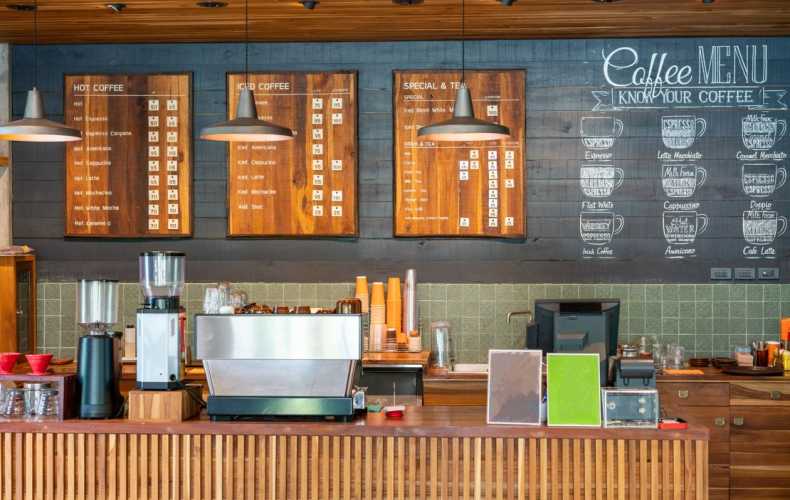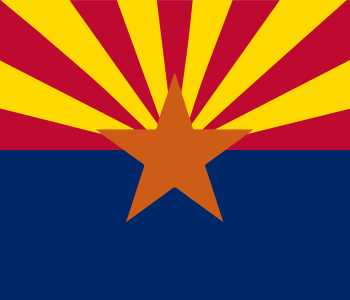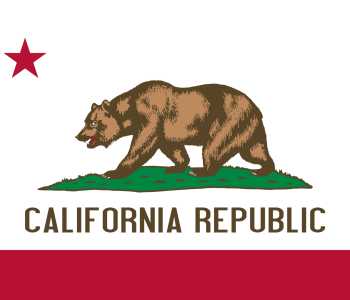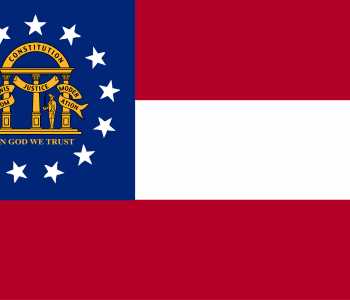How To Start A Coffee Shop

The smell of high-quality coffee beans brewing in the morning helps many tired people get out of bed. If there is no time to sit at home to drink a cup of joe before work, many will take time during their daily commute to pick one up.
Some find their morning joy from sipping on a hot tea, latte, espresso, specialty coffee, or cappuccino. Whichever is the favorite drink of choice, many cannot get through the day without several cups of them. Depending on the variety of coffee or tea, people rely on these drinks not only to wake them up, but to keep them awake.
It is hard to go wrong with starting a coffee shop with its products in high demand. One of the most challenging aspects of opening one is the fierce competition.
Coffee Business Overview
When opening a coffee business, owners need to sell more than the usual beverages. To gain an advantage over the competition requires thinking outside the box and staying on top of coffee trends.
Customers will expect the usual, but it is essential to offer a variety of drinks like hot and iced coffee or smoothies.
Branch out from the typical coffee shop favorites. Offer more than just beverages by offering a selection of delicious cookies, croissants, donuts, bagels, and sandwiches. Give customers the choice of pairing food items with their most-loved drinks.
Another helpful method to attract coffee drinkers is to offer them more than ready-to-consume items. Sell take-home supplies like gourmet coffee beans, mugs, and coffee grinders.
Competitors include company giants and smaller stores:
Starbucks
Dunkin' Donuts
Convenience stores
Fast-food restaurants
Donut shops
Gas stations
Every type of coffee shop, café, or coffee stand needs to give your customer base reasons to come back for more. Selling specialty items that are exclusive to only your store, helps.
Also, consider the layout of the coffee shop. Make getting a coffee and donut as streamlined a process as possible.
Types of Coffee Businesses
Owners have several choices of the type of coffee businesses to start, including:
Coffeehouse
Sit-in coffee shop
Café
Coffee bar
Drive-Thru coffee shop
Coffee stands
Coffee trucks or cards
Coffee roasters or retailers
Coffee business owners can also choose to have one store or build a franchise of stores.
What to Consider Before Starting a Coffee Shop
Below are what coffee shop owners need to consider before starting a coffee shop.
Will you rent, lease, buy or renovate a coffee shop?
Who is the target market for the new coffee shop?
What are the skills, experience, and education needed to run a coffee shop?
Will you sell more than coffee? What other items will you offer customers?
How many baristas or servers do you need to hire?
What level of skills, experience, and education do employees need to work at your shop, including managers? (i.e., customer service skills, previous coffee shop experience, high school or higher education).
Will you provide employees with customer service training?
Who will handle employee interviews, hiring, training, and maintaining work schedules?
What products will you need? (i.e., beverages, foods, sweets, etc.).
What supplies will you need? (i.e., napkins, take-home bags,
What equipment will you need? (i.e., espresso machine, coffee roasters, POS system, register, ovens, refrigerators, etc.).
Depending on the type of coffee shop you choose will alter the items you need and startup costs.
How to Start a Coffee Shop
1. Create a business plan
A business plan outlines how the business intends to operate, provides a business description, including rules and regulations. It specifies the process of hiring employees and discloses any future expansions or renovation details.
A coffee shop business plan gives stakeholders, banks, and lenders an idea of how the business will function. Without one, the odds are, they will not loan you any money.
2. Select a business entity (business structure or legal entity)
Owners must select a business entity to know how the business is legally organized to operate. Each entity type comes with its own set of rules and regulations. They also have different advantages and disadvantages.
Four business entities:
Limited Liability Company (LLC)
Sole Proprietorship
Corporation
Partnership
If you are unsure which entity to choose, contact a business lawyer for guidance and further details.
3. Choose a name for the business
Choosing a befitting name for the business is a challenging task. You will need to check whether the name you want is available or if another company is already using it.
Once you find the right name, register it along with any logos, trademarks, etc.
4. Create a menu
One of the most critical components of any coffee shop is its menu. Create your store's menu in advance to know the type of equipment, space, supplies, and inventory it will need.
Your menu is a critical component of any coffee shop. Create it early because, without it, you will not know the equipment that is needed, space requirements, inventory needs, etc.
When creating the menu, consider your target market needs, and avoid offering too many selections. Too many choices and can cause long lines at the counter and increase inventory expenses.
5. Select a business location
The location of a coffee shop can be just about anywhere. It can be a traditional storefront, mobile coffee cart, café, or kiosk.
Whether you lease or purchase a building will depend on the budget. Pick a spot that reaches your target audience and can justify the price.
6. Apply for business licenses, permits, and an EIN
For the coffee shop to serve food, it will require having a food service license from your local health department. Fees for licenses vary, and an agent from the health department will need to visit the store before approving it. Periodic inspections will occur throughout the ownership of the business. Follow the rules and regulations to ensure you do not fail any inspection. For failure can result in losing your food service license.
Depending on your local, state, and federal regulations, you may need other licenses and permits to operate. (i.e., sales tax permit, Employer Identification Number (EIN), and Occupancy Permit).
7. Get funding
More than coffee needs to be flowing at your business. You will need to find methods to get funding pouring in to run the shop. Since, at startup, you will not have made any profits yet, the money for costs needs to come from somewhere.
Owners can request loans from banks and other lenders. If costs are not too high, use your credit card to fund the coffee shop.
Yet, borrowers often need to invest in the store, have good credit, and have a business plan to get funding.
8. Open a business bank account
Coffee shop business owners must always keep their personal and business finances separate. Thus, you will need to open a business bank account and credit cards to track the income and expenses of the company. It is also helpful to have separate statements to use come tax time.
9. Create a marketing plan
Since the competition is high in the coffee industry, marketing needs to be ongoing and creative. To reach your target audience, think about where they spend their time-- online.
Social media platforms help connect with local coffee drinkers and can create brand awareness. Also, use sites like Yelp and Google Business to communicate with customers by managing and responding to online reviews.
10. Get business insurance
Business insurance is essential to protect the company, its owners, and employees. Contact an insurance rep to find out more details about each policy.
General liability insurance
Commercial property insurance
Worker's comp insurance
11. Hire staff
Customer service is a significant part of the coffee business. How well your employees treat customers will influence their experience at your coffee shop. Before hiring employees, research the average salary of a coffee barista. Decide on how many servers you need and factor in their salaries and other employee-related expenses into the budget.
12. Set up an accounting system
To keep your financial records in good order, owners need to set up an accounting system. The long-term success of a coffee shop depends on the proper balancing of finances and the budget. An accounting system will help you track trends, cash flow and stay on top of your taxes.
Conclusion
When starting a coffee business, it is best to start small. It not only helps with expenses but allows room for future expansion as the business grows. Offer customers a pleasant atmosphere where they can enjoy their hot beverages and snacks. Give them an experience that will have their friends stopping by to enjoy the drinks at your successful coffee shop.






